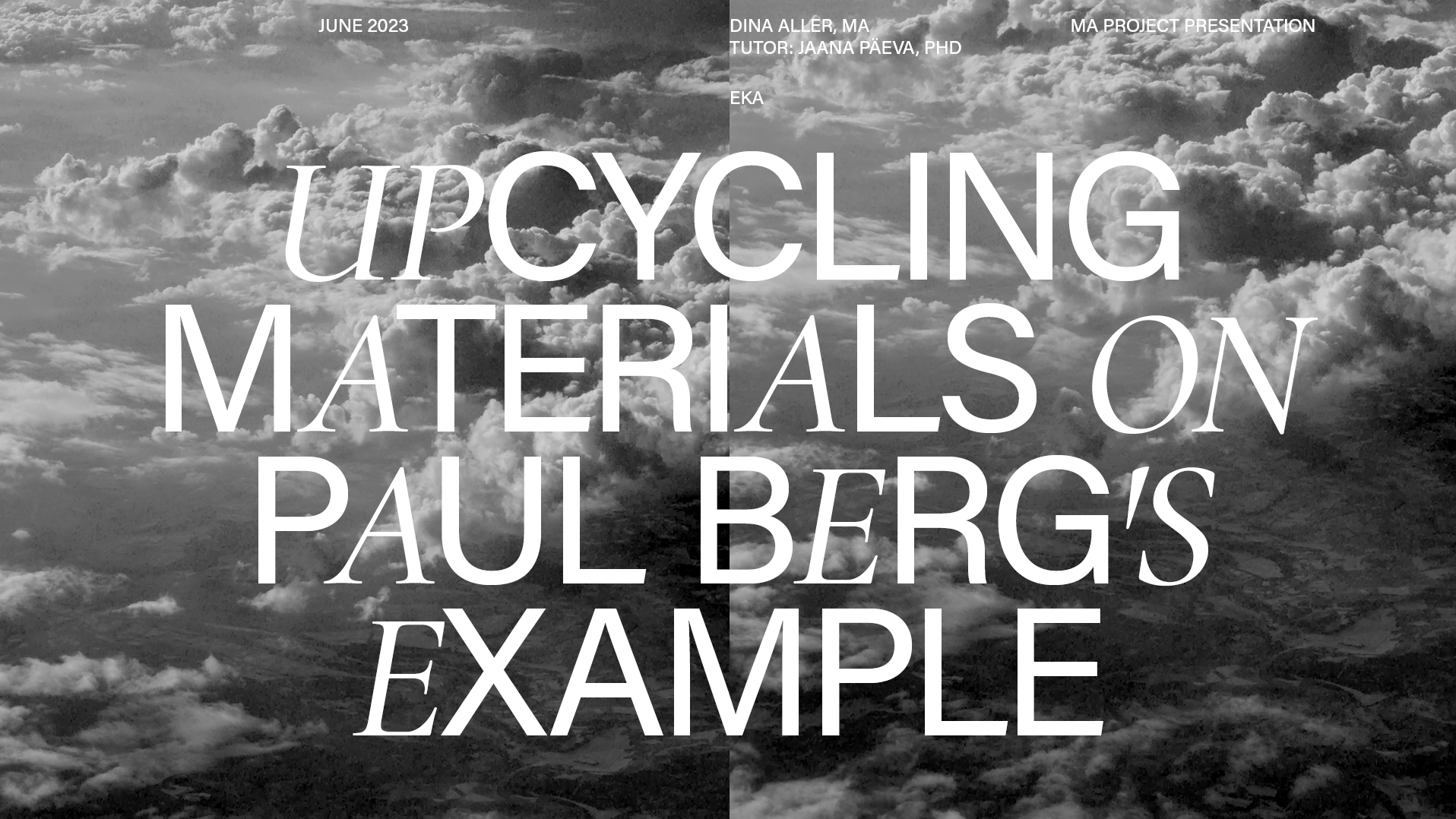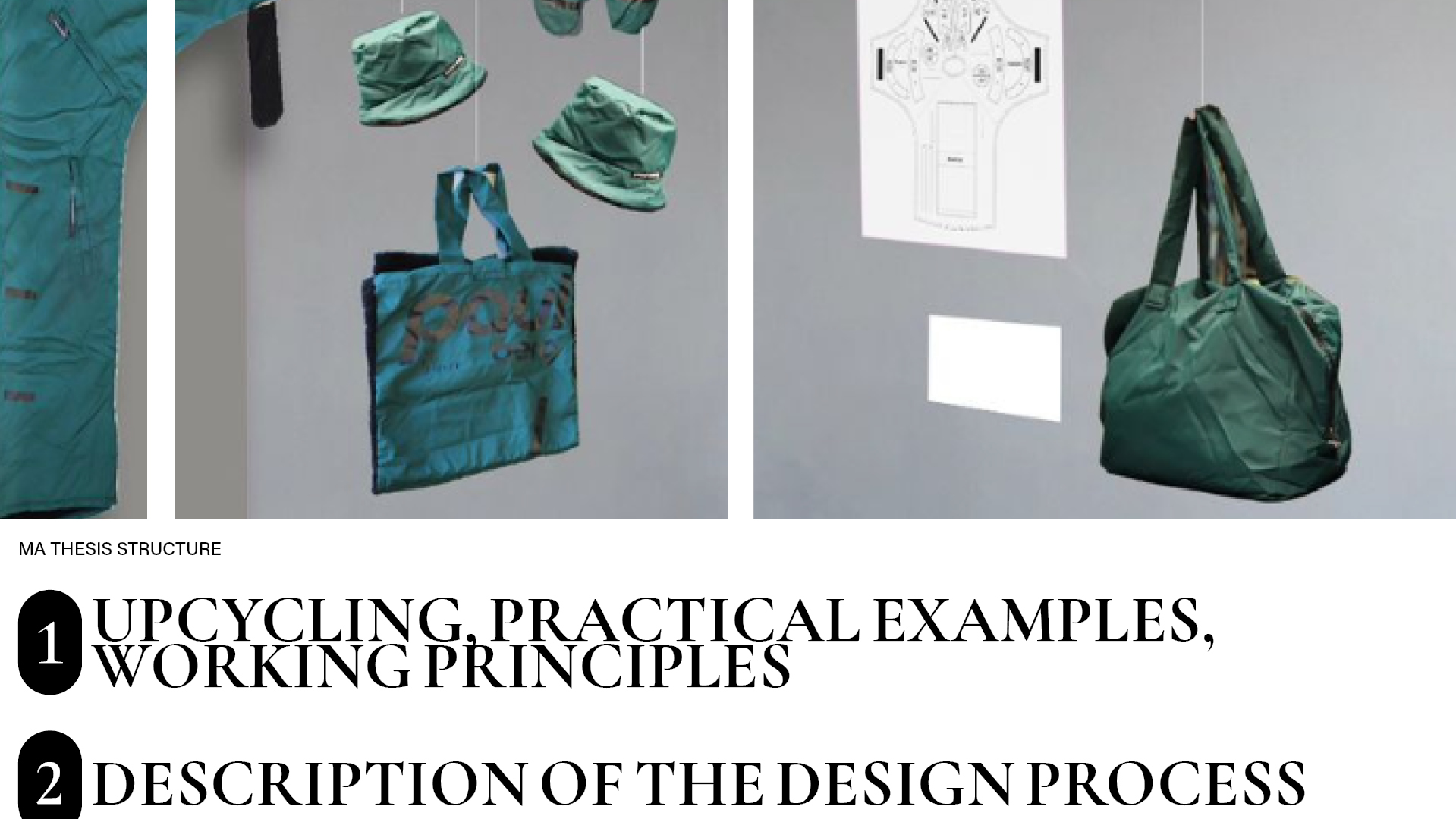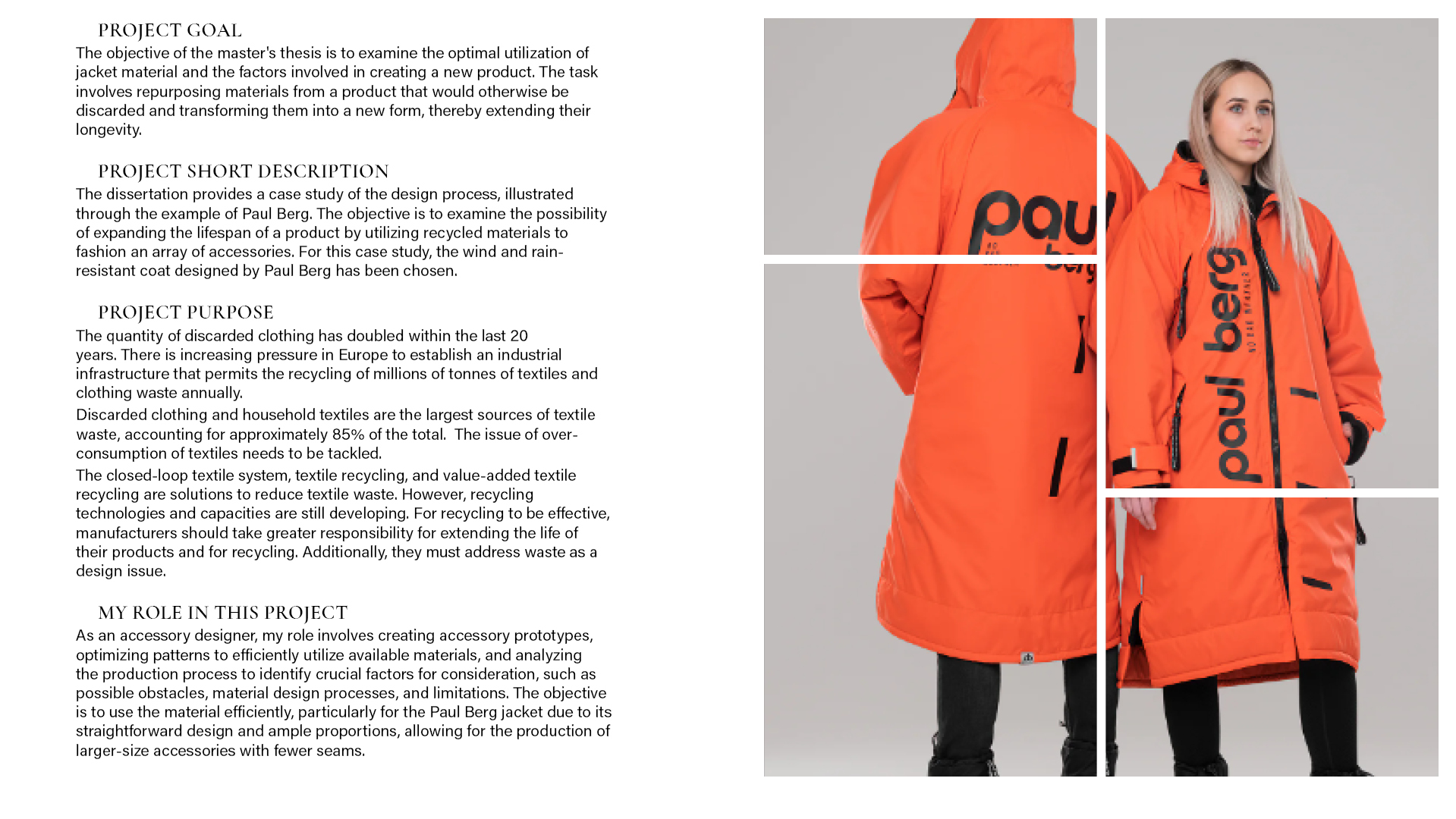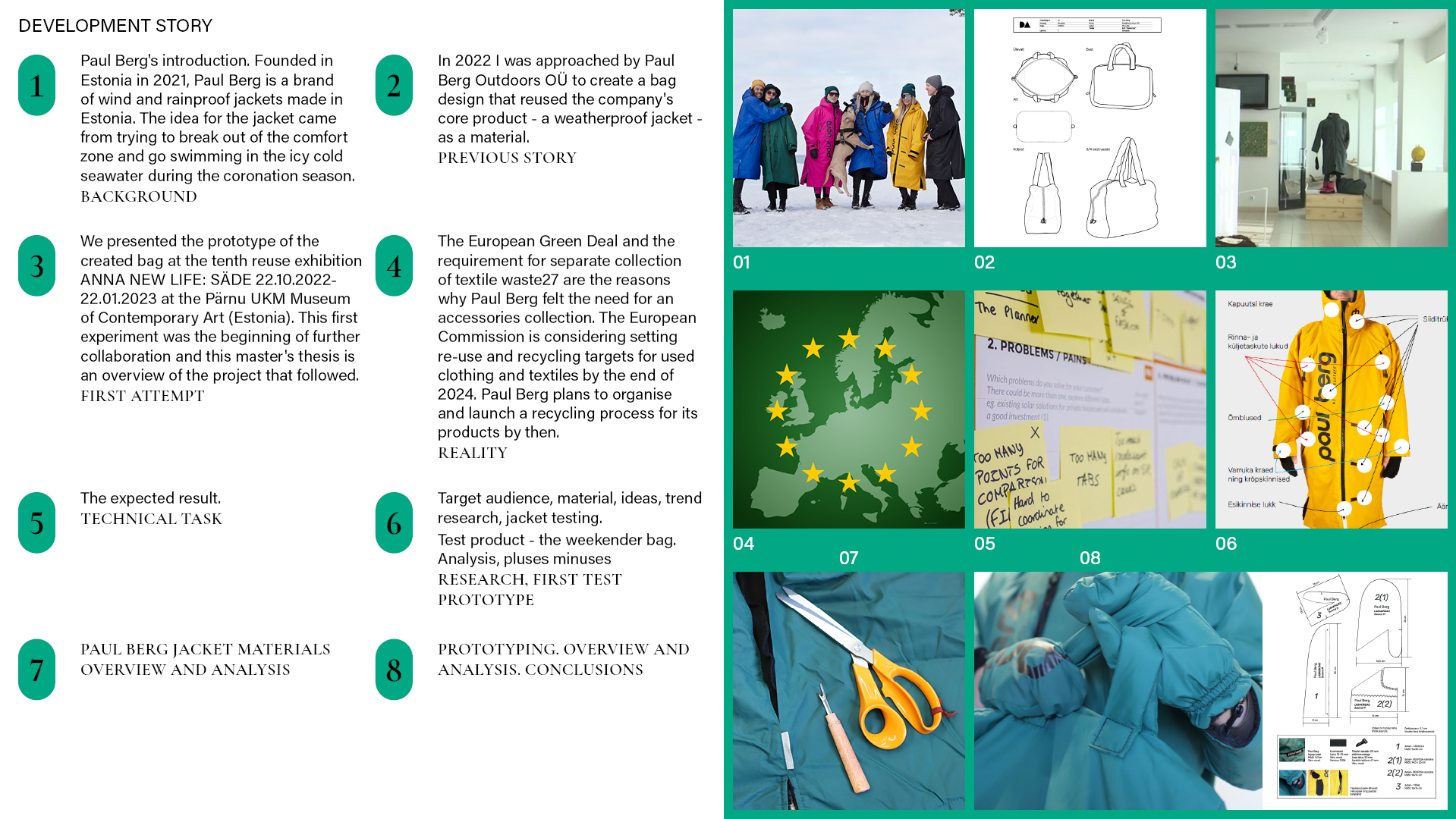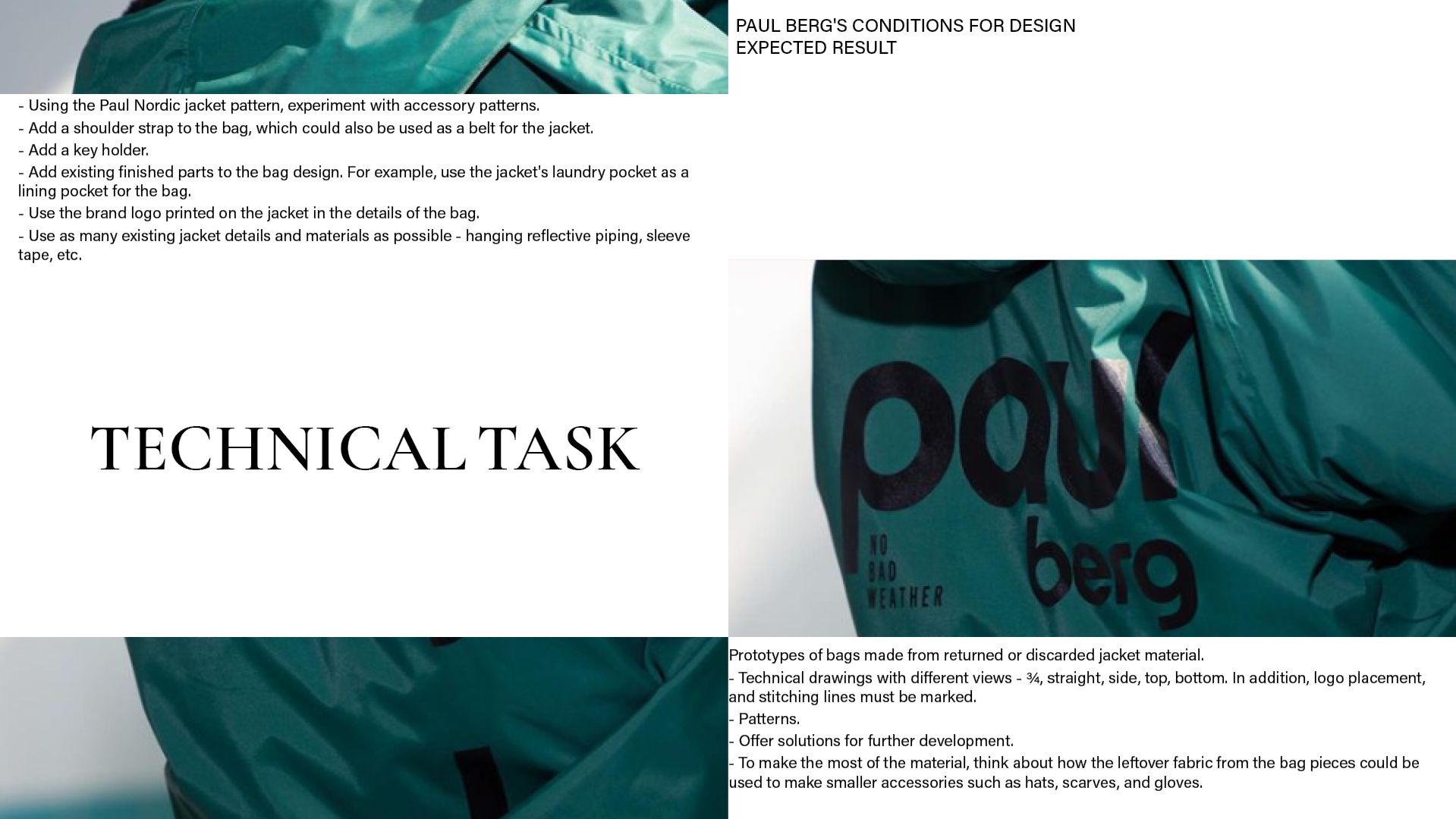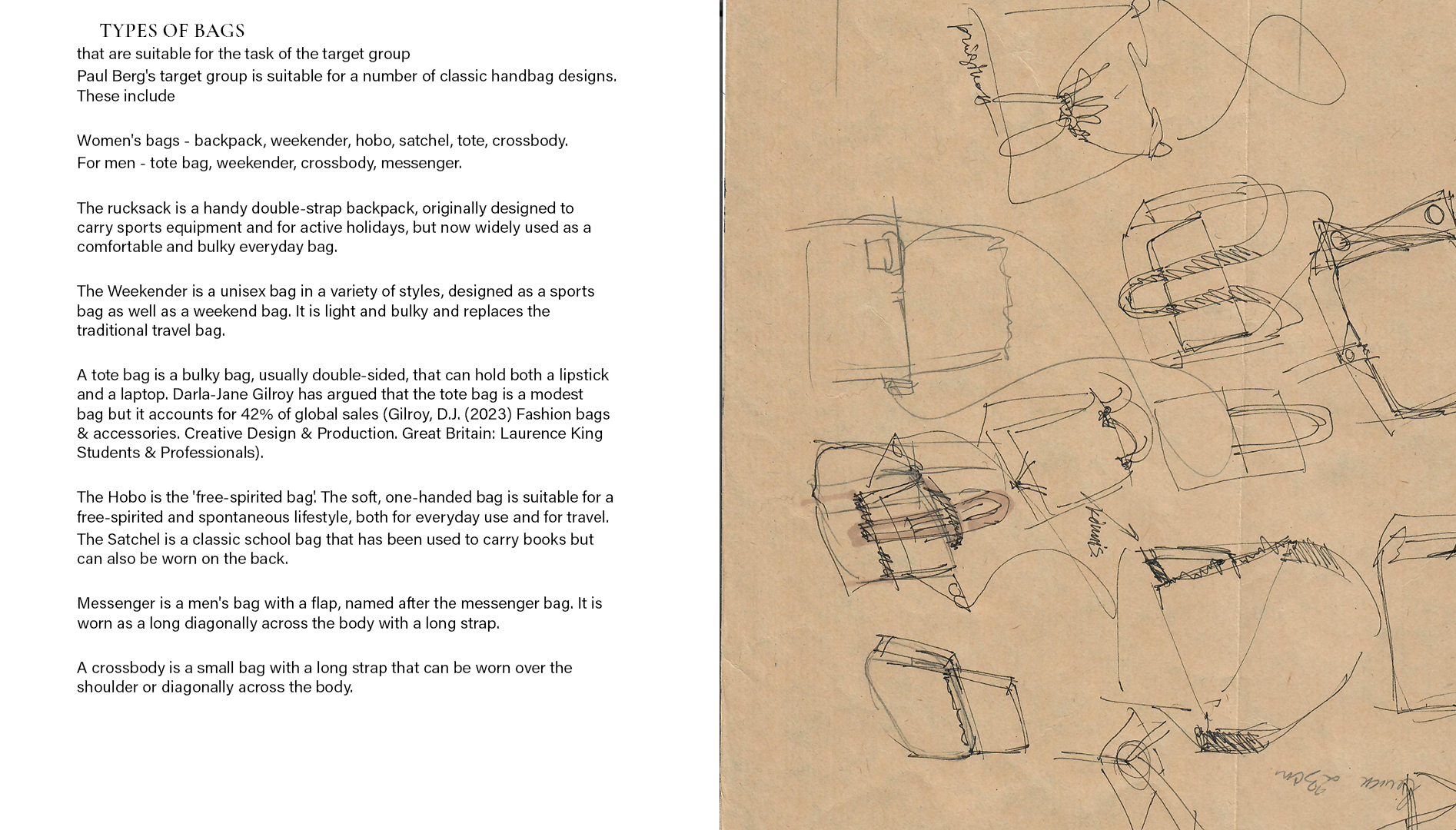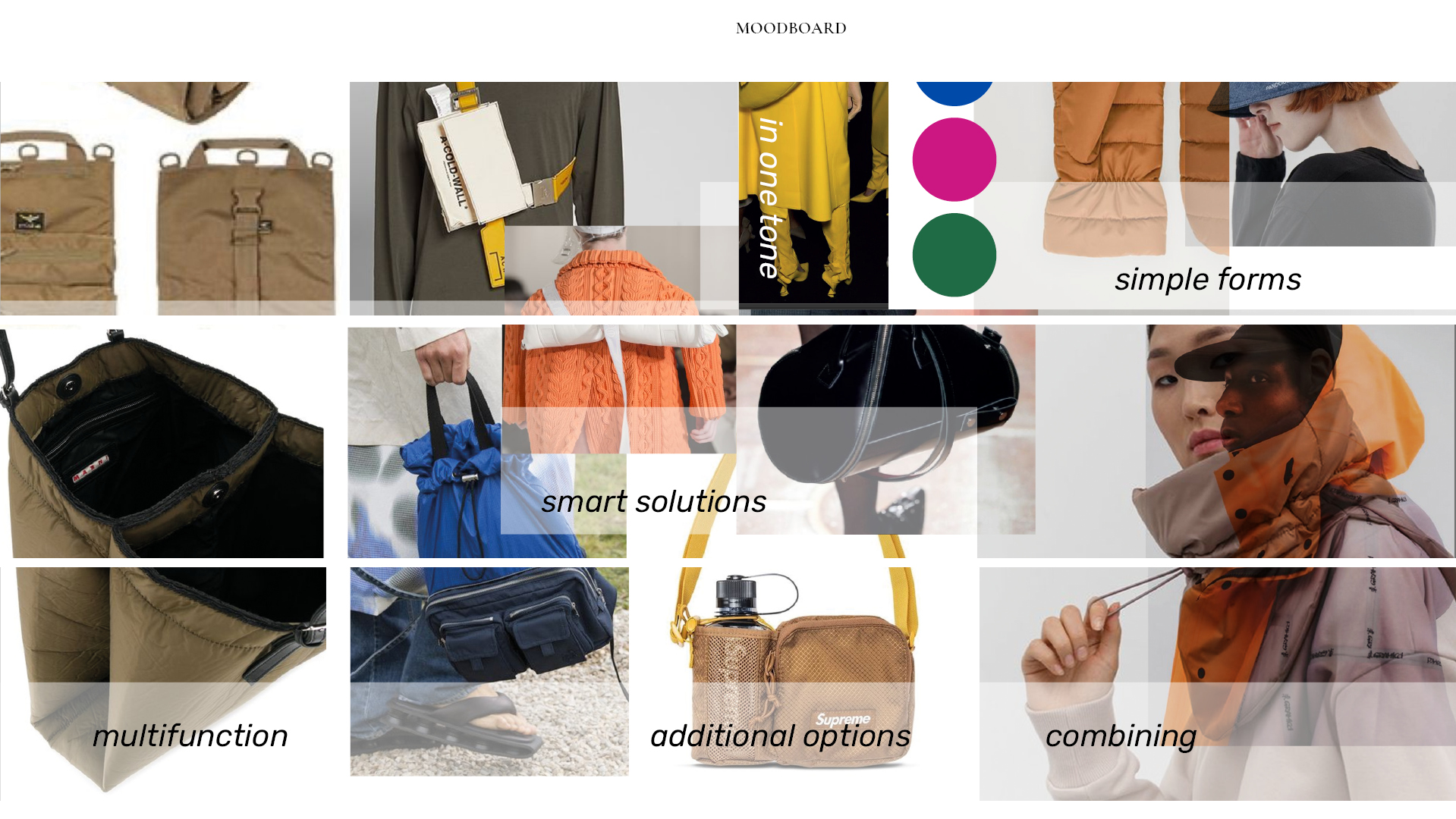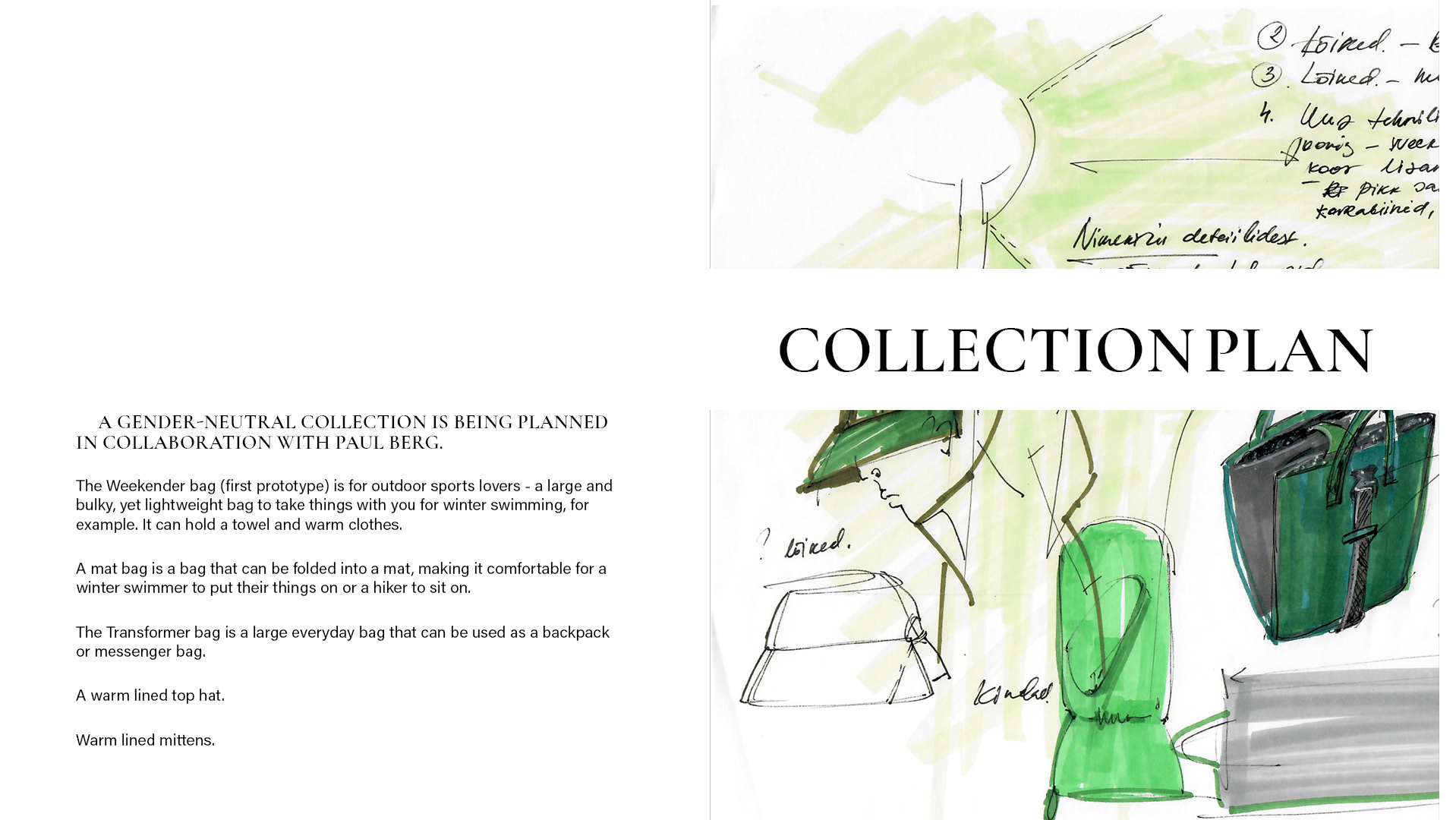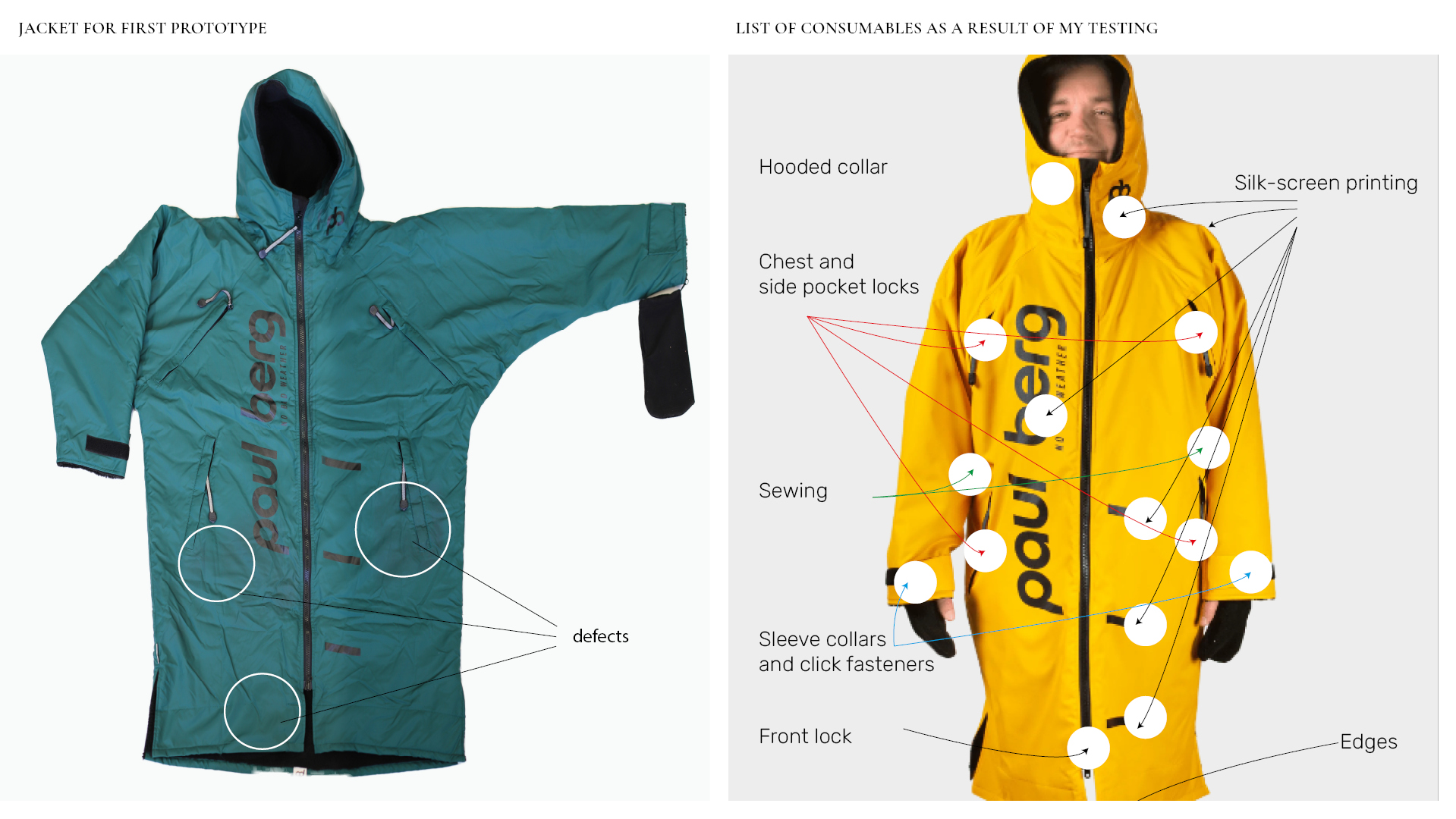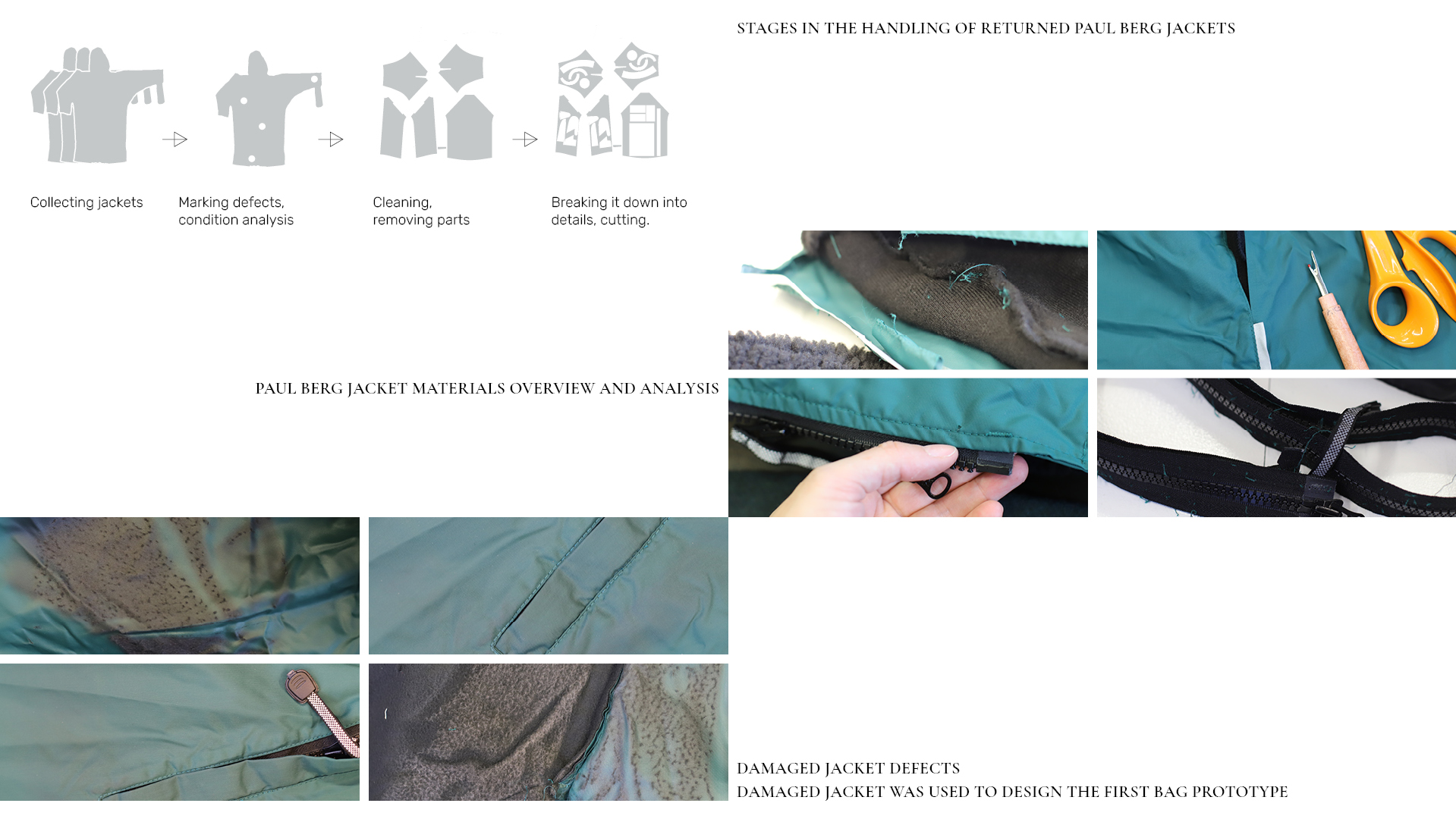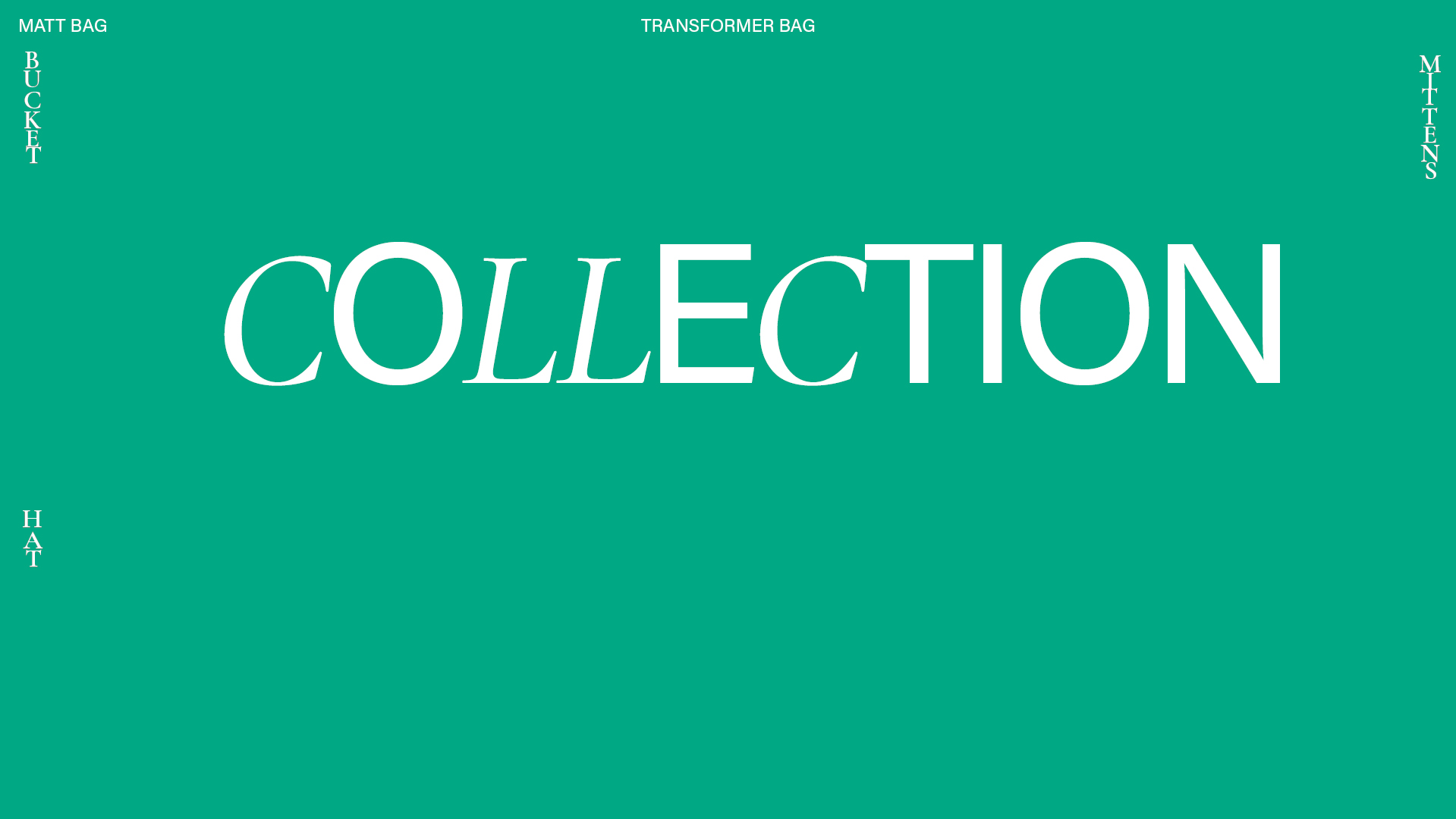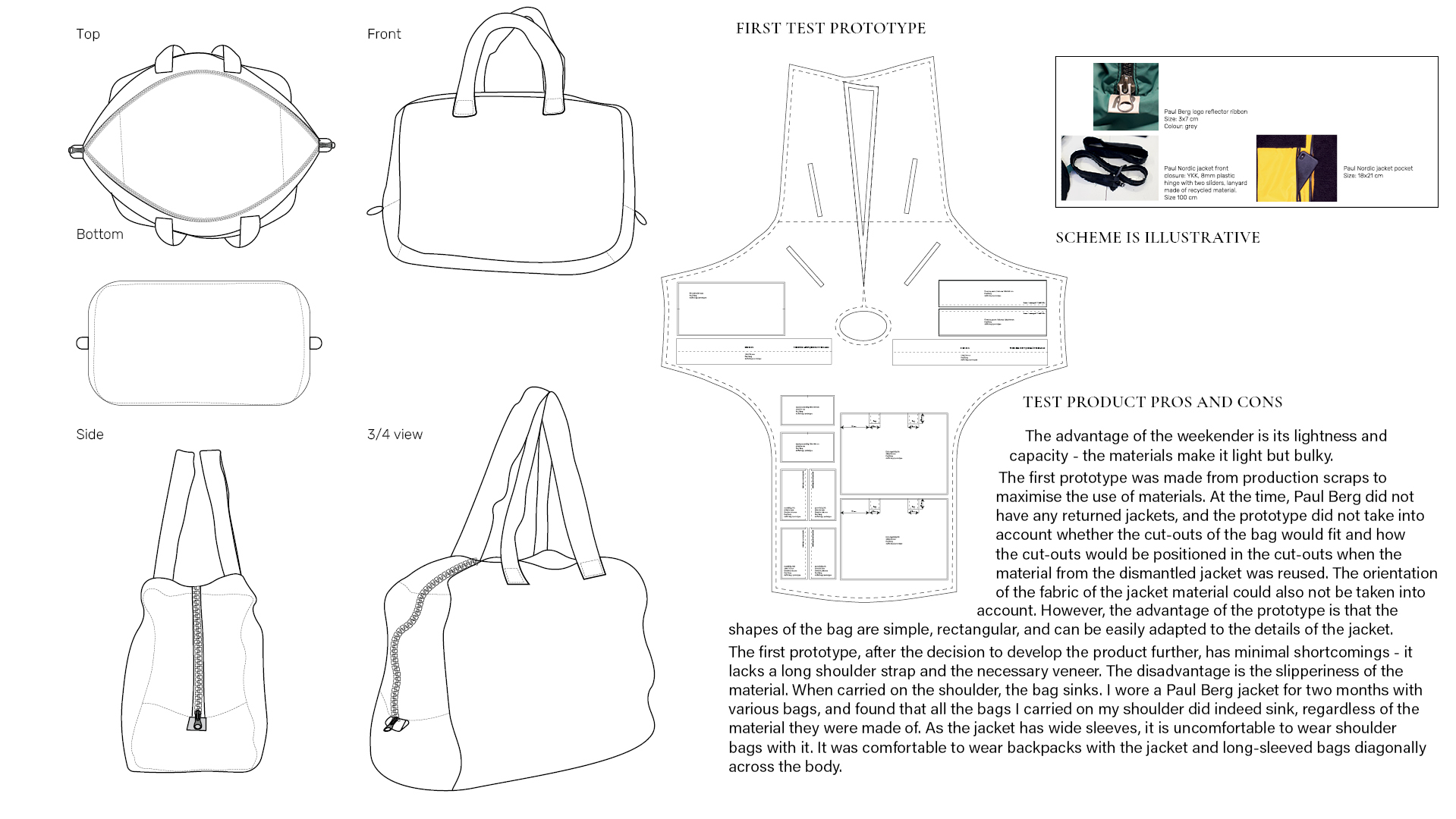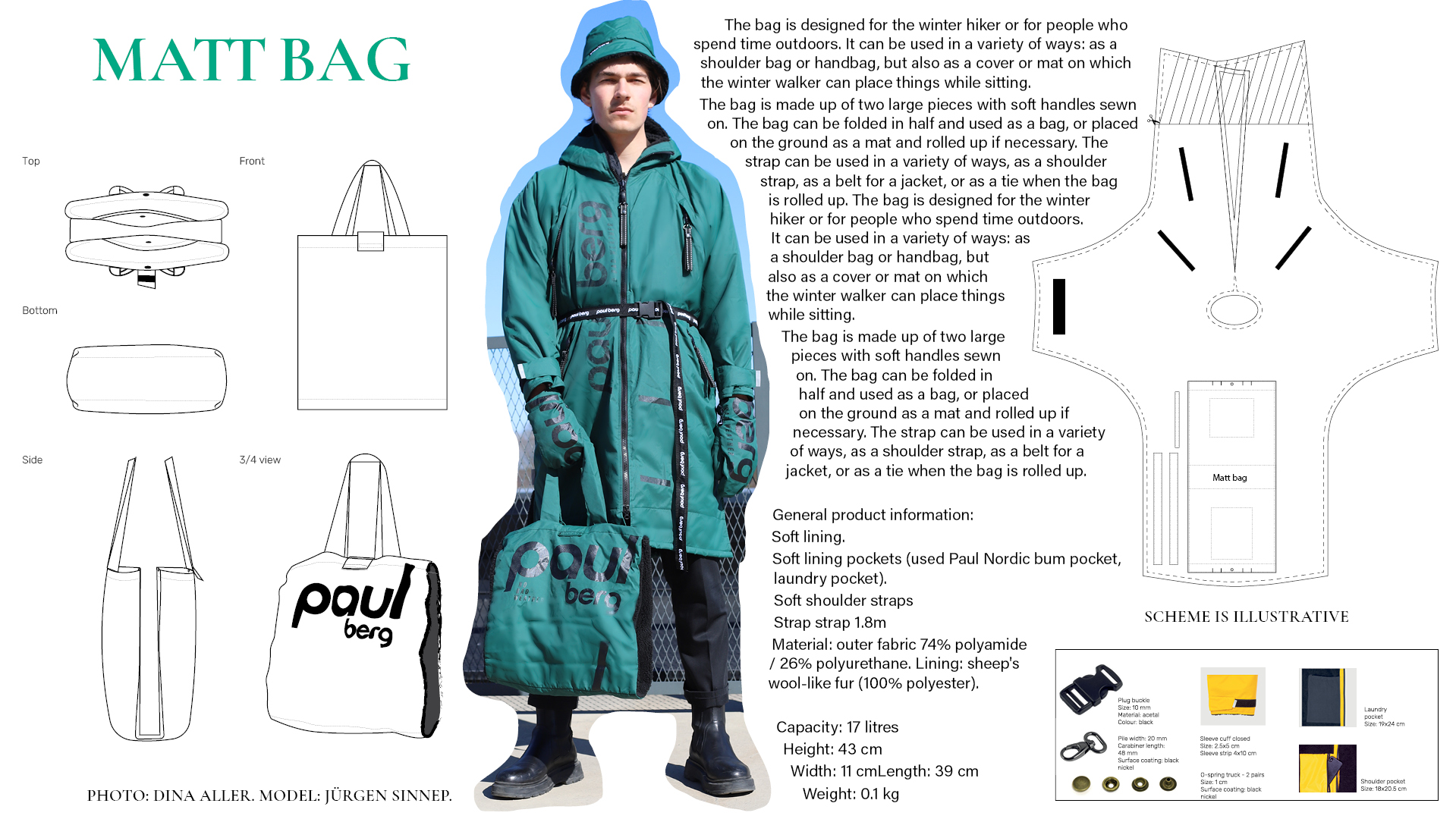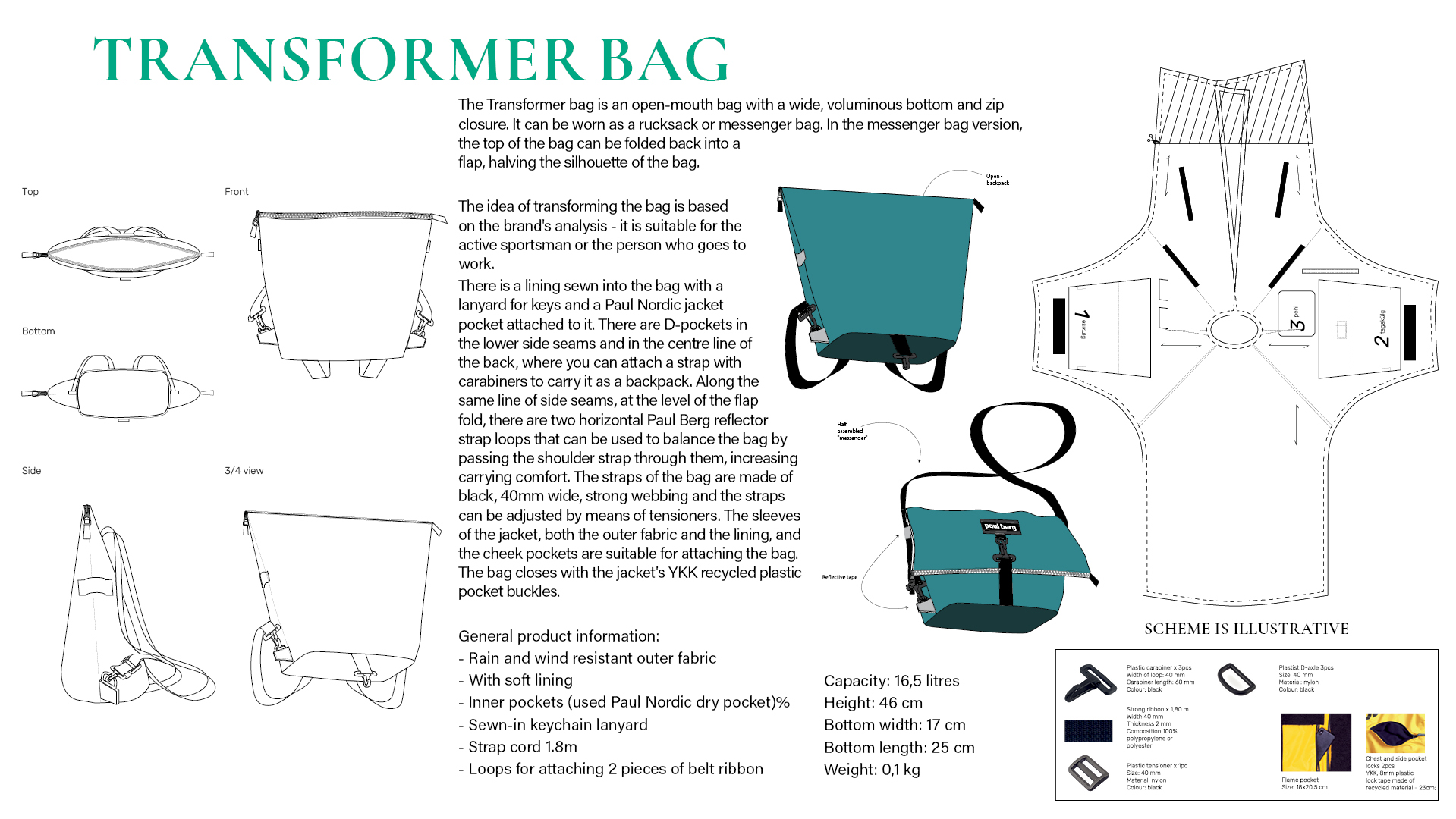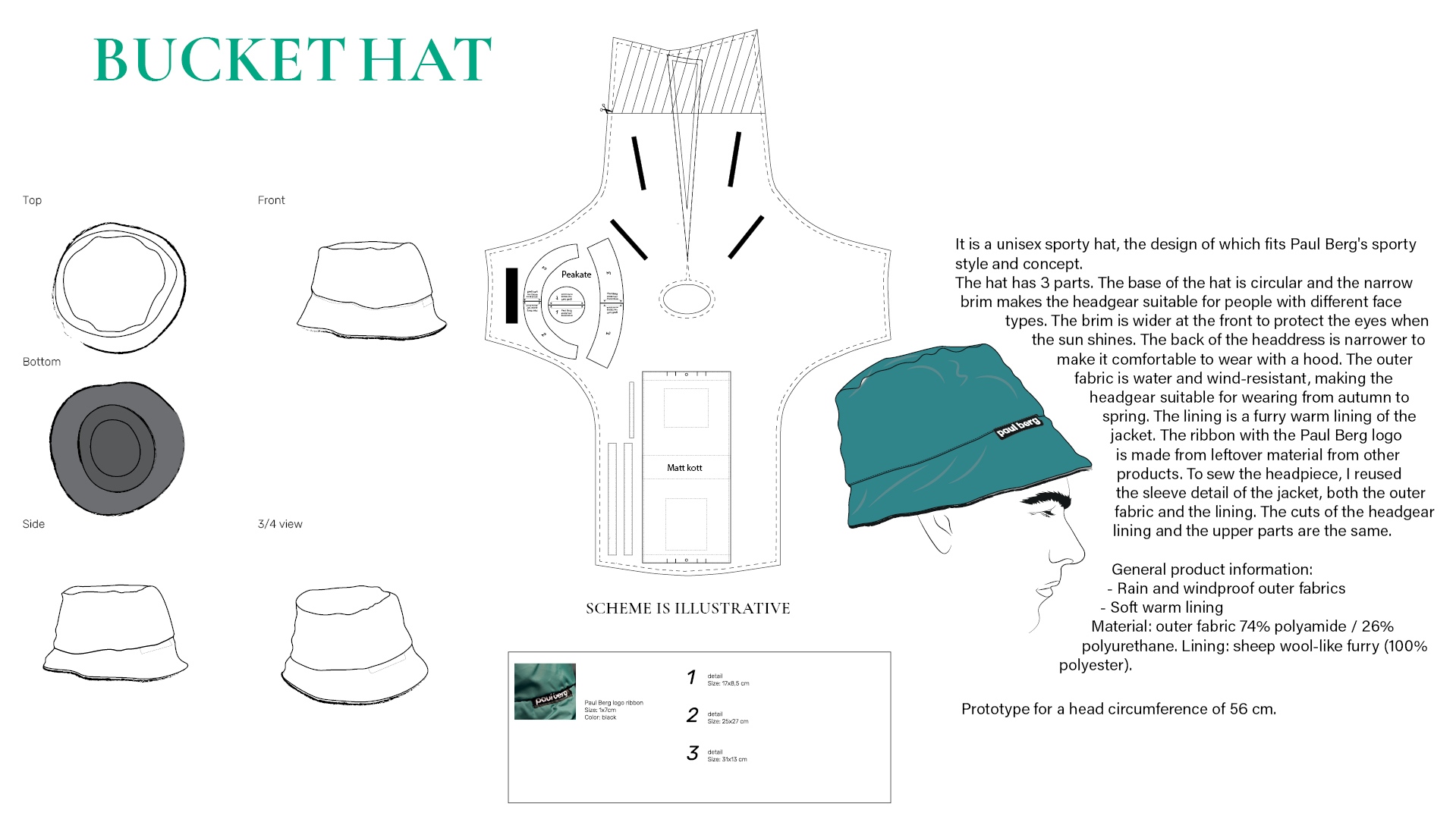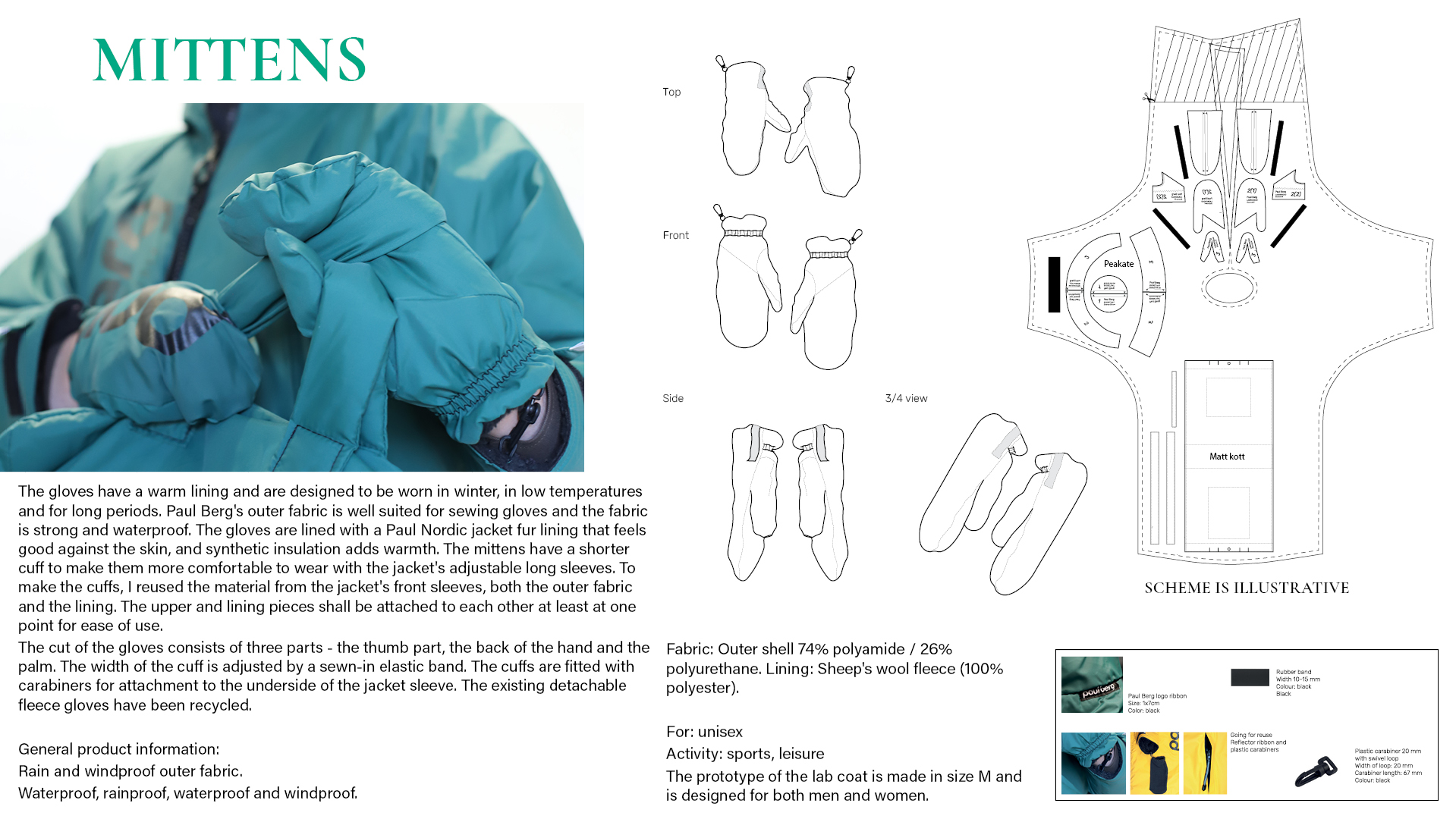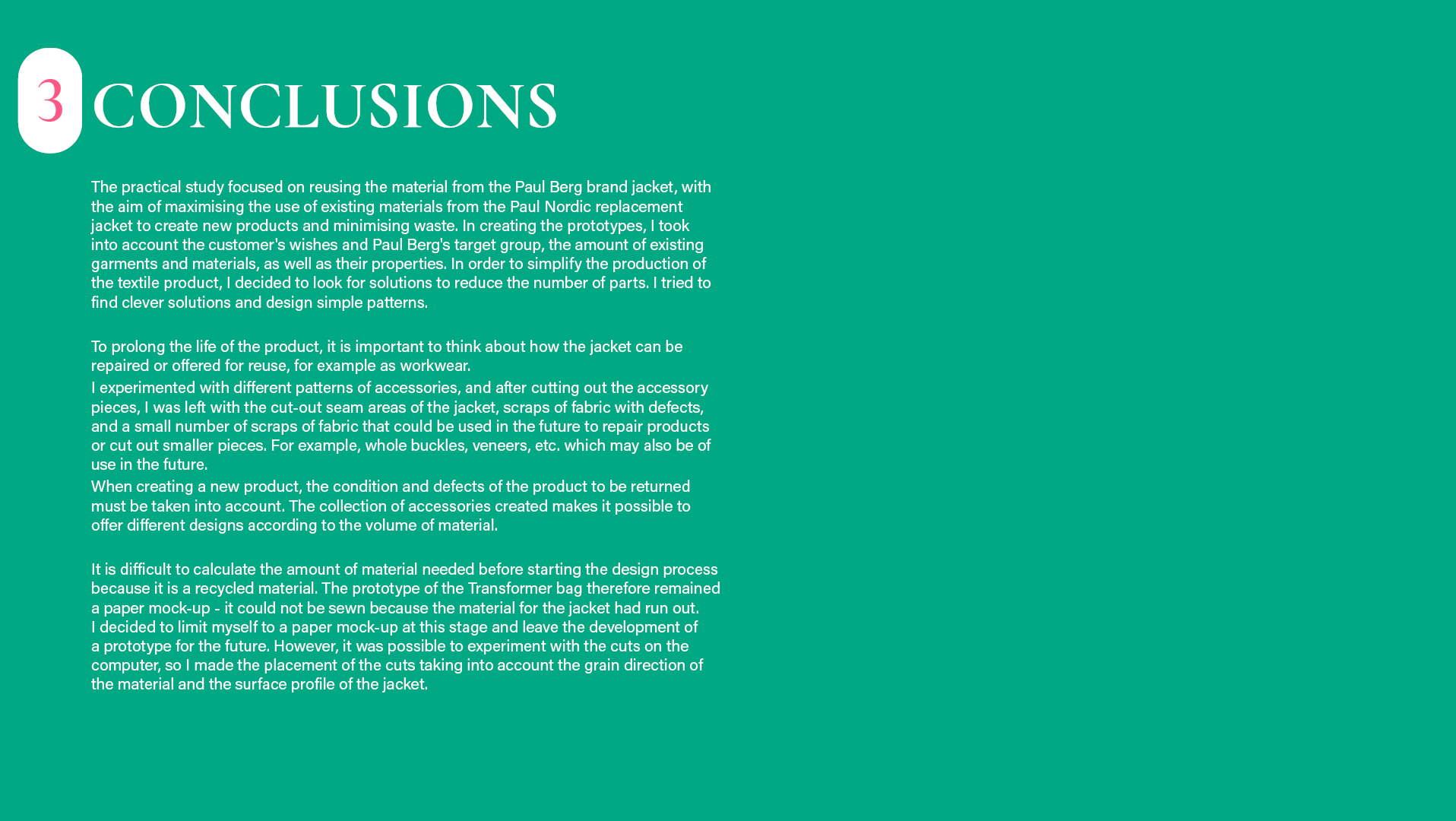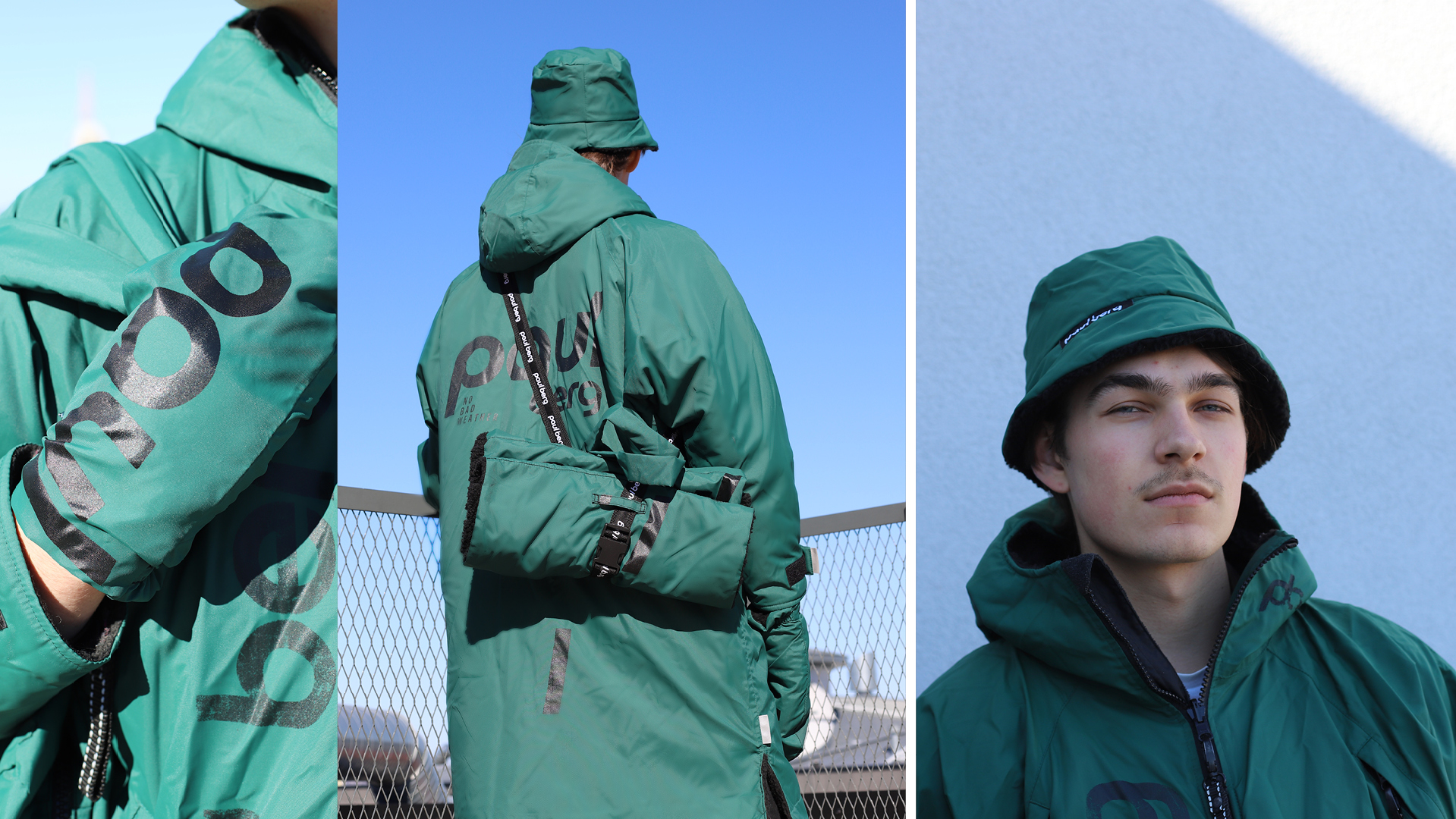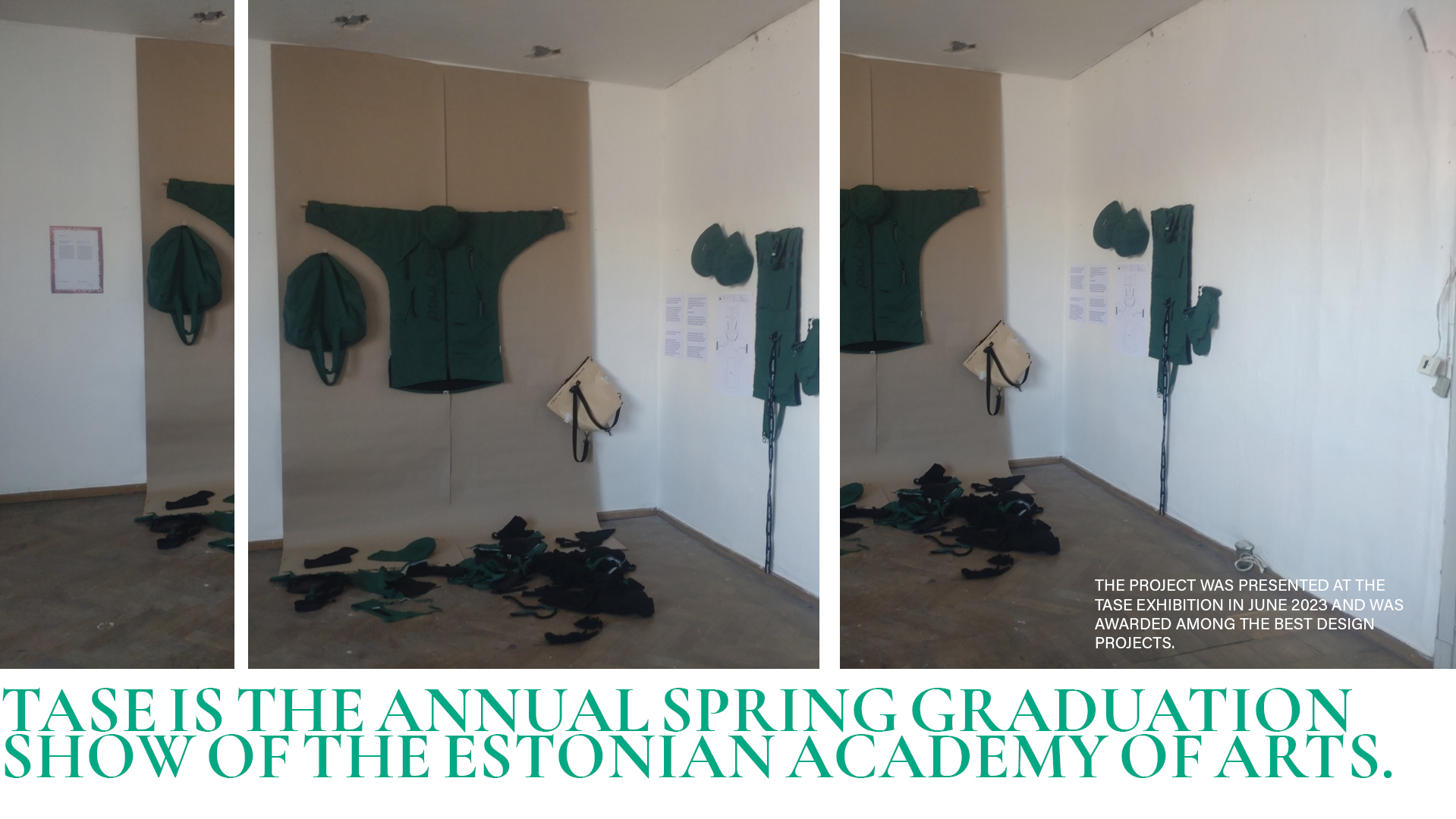Dina Aller
Fashion BA Hons
Estonian Academy of Arts
Specialisms: Footwear / Accessories / Graphic Design / Typography
Location: Tallinn, Estonia

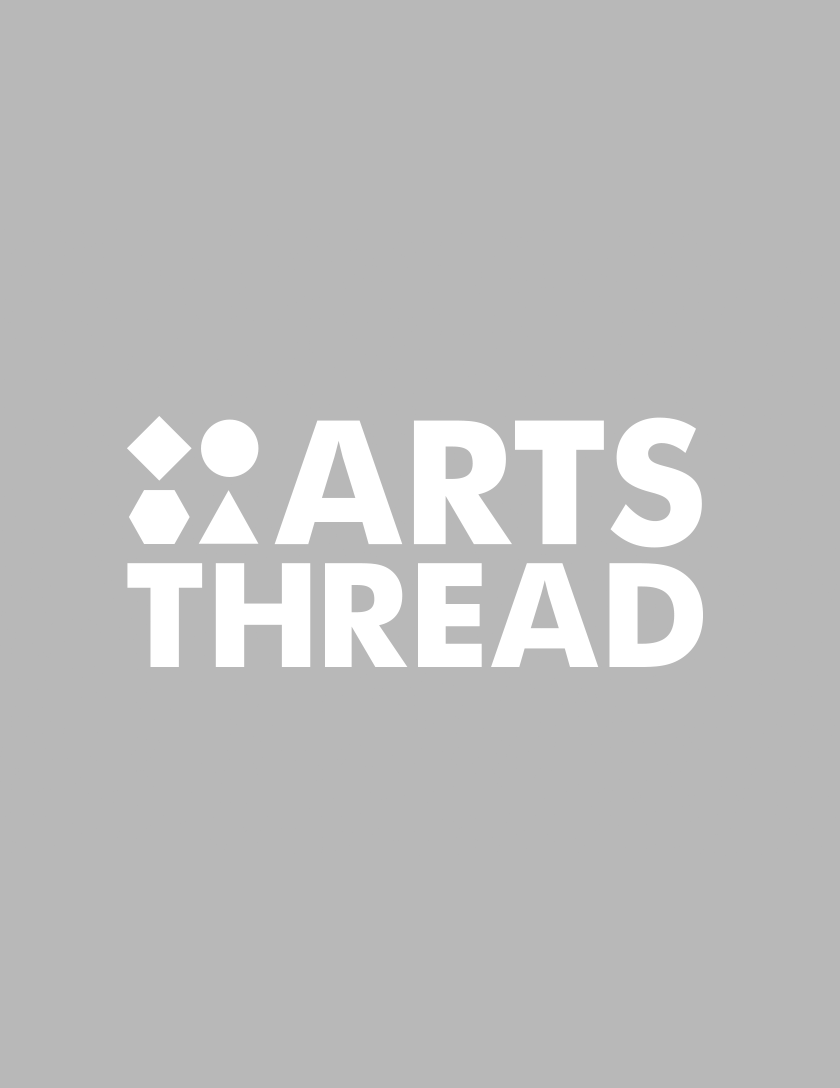
Dina Aller

First Name: Dina
Last Name: Aller
Specialisms: Footwear / Accessories / Graphic Design / Typography
Sectors: Fashion/Textiles/Accessories / Fashion/Textiles/Accessories
My Location: Tallinn, Estonia
University / College: Estonian Academy of Arts
Course / Program Title: Fashion BA Hons
About
My name is Dina Aller. I am based in Tallinn, Estonia. I graduated from the Estonian Academy of Arts in June 2023 with a master's degree. I have a Bachelor’s degree in programming engineering and in accessory and bookbinding design. I am educated in professional studies and outstanding creative work. In addition, participated in several competitions such as Global Footwear Awards, InMyShoes Milano, Scripta Manent, Box Your Book. International gold winner of the bindingcompetition exhibition “SCRIPTA MANENT VI” category “best student work”. International footwear the gold winner of the design competition GlobalFootwear Award” in the category “Women’s Casual”. In 2022, I was recognized as the Best Accessory Design Student from the Accessory and Binding Department by the Estonian Academy of Arts.
Upcycling materials on Paul Berg's example
PROJECT GOAL The objective of the master's thesis is to examine the optimal utilization of jacket material and the factors involved in creating a new product. The task involves repurposing materials from a product that would otherwise be discarded and transforming them into a new form, thereby extending their longevity. PROJECT SHORT DESCRIPTION The dissertation provides a case study of the design process, illustrated through the example of Paul Berg. The objective is to examine the possibility of expanding the lifespan of a product by utilizing recycled materials to fashion an array of accessories. For this case study, the wind and rain-resistant coat designed by Paul Berg has been chosen. PROJECT PURPOSE The quantity of discarded clothing has doubled within the last 20 years. There is increasing pressure in Europe to establish an industrial infrastructure that permits the recycling of millions of tonnes of textiles and clothing waste annually. Discarded clothing and household textiles are the largest sources of textile waste, accounting for approximately 85% of the total. The issue of over-consumption of textiles needs to be tackled. The closed-loop textile system, textile recycling, and value-added textile recycling are solutions to reduce textile waste. However, recycling technologies and capacities are still developing. For recycling to be effective, manufacturers should take greater responsibility for extending the life of their products and for recycling. Additionally, they must address waste as a design issue. MY ROLE IN THIS PROJECT As an accessory designer, my role involves creating accessory prototypes, optimizing patterns to efficiently utilize available materials, and analyzing the production process to identify crucial factors for consideration, such as possible obstacles, material design processes, and limitations. The objective is to use the material efficiently, particularly for the Paul Berg jacket due to its straightforward design and ample proportions, allowing for the production of larger-size accessories with fewer seams.
